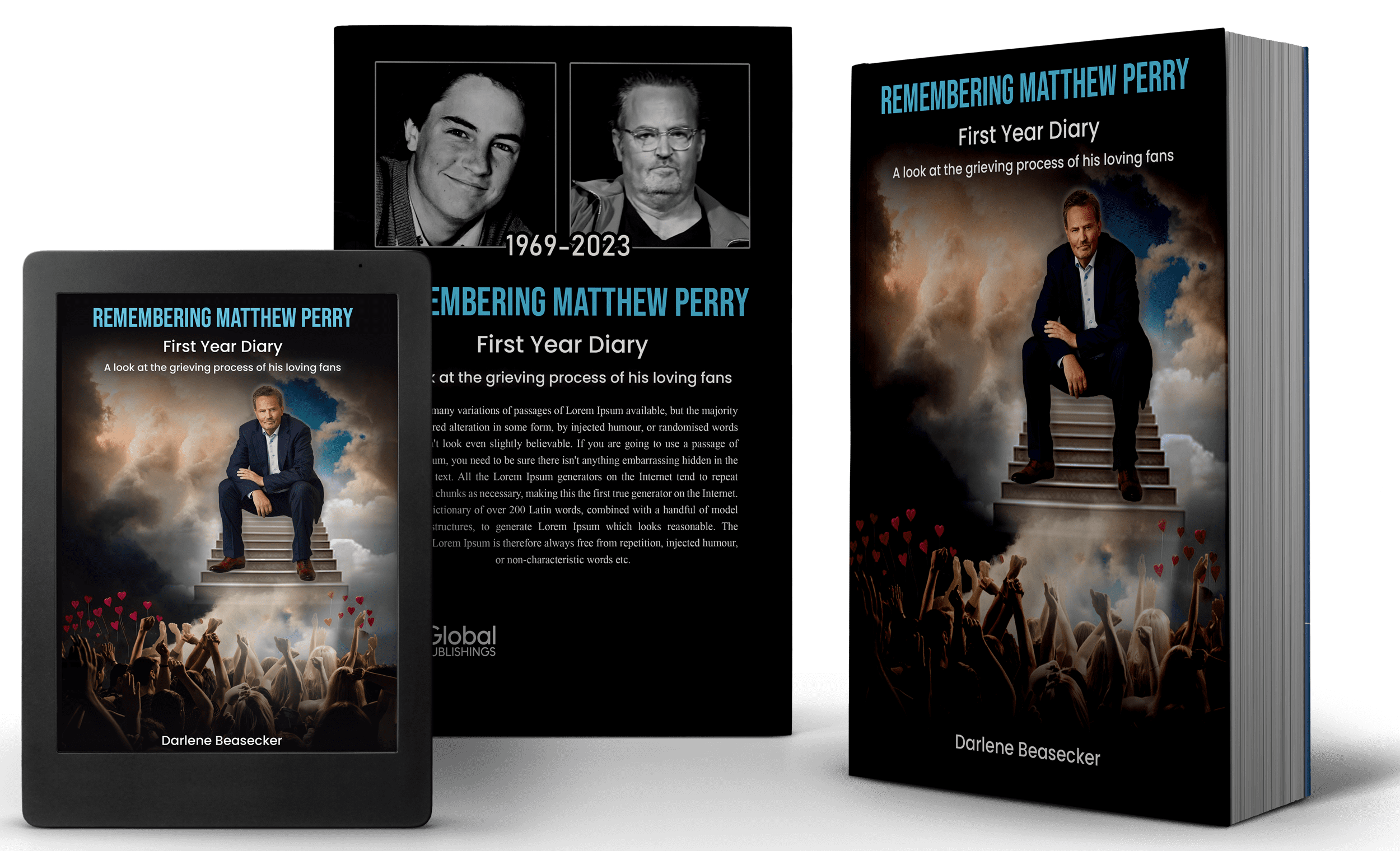Nostalgia is a strong feeling that takes us back in time with memories of happiness, comfort, and familiarity. Whether it is listening to a song from childhood, watching an old television show, or browsing photo albums, nostalgia has a peculiar ability to heal our souls. Though it tends to instill the desire to reminisce about what used to be, it is also an important part of healing, aiding us in the processing of emotions, taking comfort in adversity, and retaining a link to the individuals and events that formed us.
Why We Turn to Nostalgia During Tough Times
Life is never static, and as we mature, we find ourselves facing situations that leave us reeling. At such times, we turn to the past for solace. Nostalgia becomes a connecting thread between the past and present versions of ourselves, providing a semblance of security when all else seems to be in flux. It reminds us of the easy days when life was less complicated and safe.
Studies have discovered that nostalgia might also serve as a coping response, assisting the individual in combating loss, sadness, and angst. When reminiscing about positive memories, brain chemicals such as dopamine and serotonin are released to help brighten the mood, thereby easing tensions. It explains why numerous folks resort to enjoying their childhood TV shows, hanging out with old buddies, or tuning into radio programs from teenhood—relying on comfort and reassurance through these measures.
Healing Through Shared Nostalgia
Perhaps one of the loveliest things about nostalgia is that it can be shared. Families share old home videos from their past, friends reconnect over pictures of their past selves, and communities unite to celebrate cultural touchstones from yesteryear. This communal reminiscing fortifies bonds and reminds us we are not the only ones in this thing together.
For instance, enthusiasts of a popular television show or artist tend to be comforted by recalling favourite memories together. The common nostalgia produces a sense of belongingness, which enables them to deal with feelings and move on easily. In the book Remembering Matthew Perry’, author Darlene Beasecker captures it wonderfully, indicating how fans are brought together in loving the late actor, seeking solace in his work and the happiness he shared in their lives.
Nostalgia as a Means to Self-Reflection
In addition to bringing comfort, nostalgia also serves to remind us of our own personal development. By gazing into the past at ourselves, we can observe how far we have travelled, recognize the lessons we have learned, and value the path that has brought us to where we are today. Even painful memories can be therapeutic, reminding us of the strength we have gained through time.
Embracing Nostalgia in a Positive Manner
Although nostalgia is a useful resource for healing, we should employ it in a manner conducive to emotional health. Rather than begrudgingly recall the past with sorrow, we should use it as a reservoir of inspiration and comfort. Nostalgia should teach us that the connections, love, and laughter of our past continue within us, leading us toward hope and healing in the here and now. By holding dear the past but moving towards the future, we can harness nostalgia as a powerful agent for emotional strength and inner calm.
